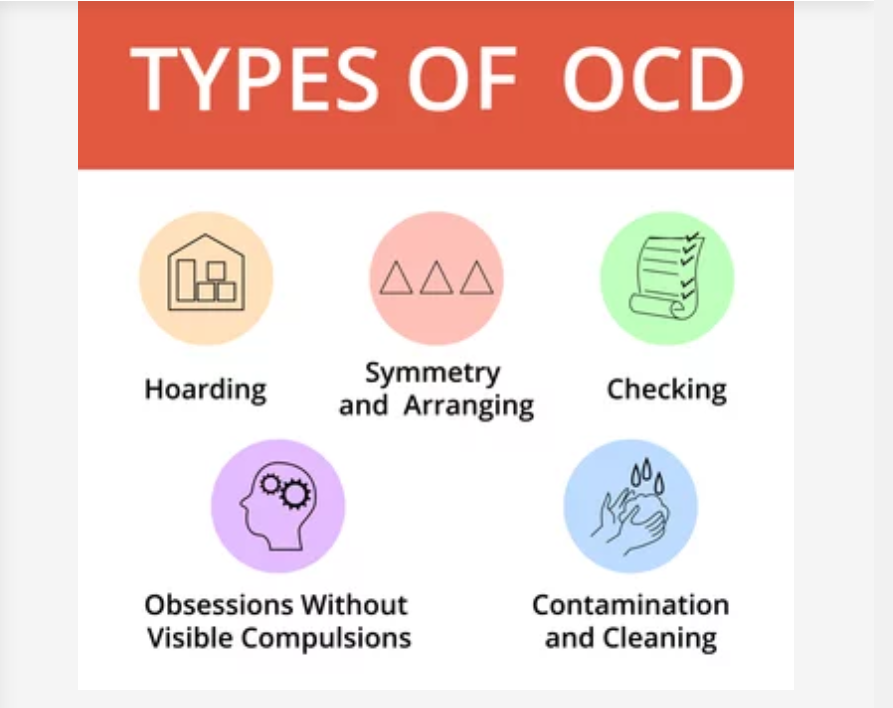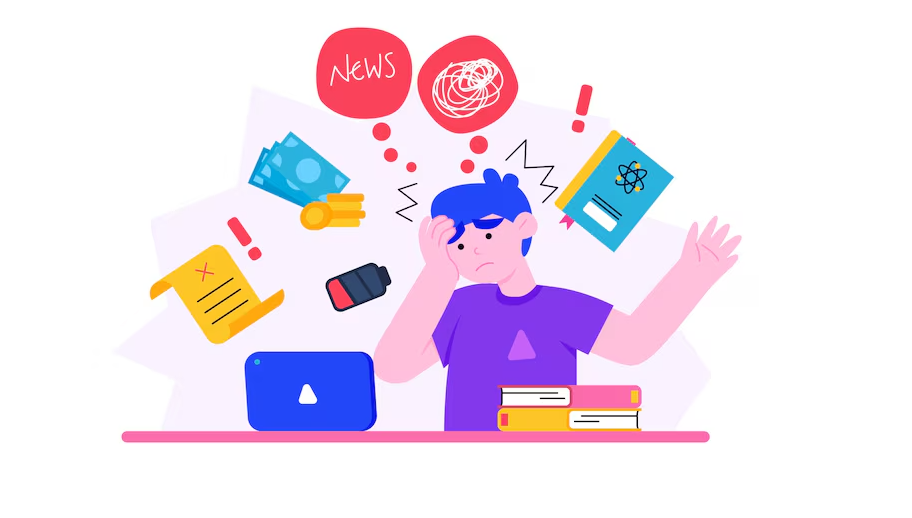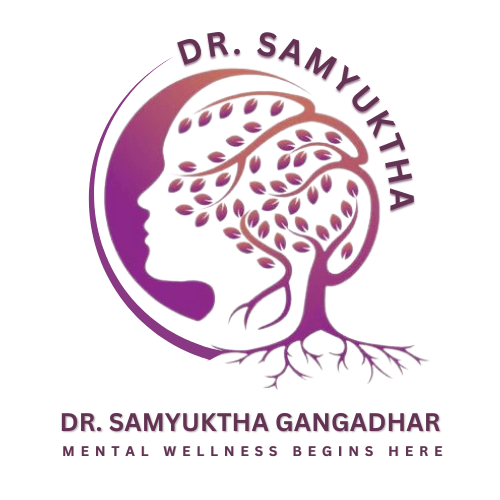Understanding OCD: Comprehensive Treatment Options in Kolkata

Understanding OCD
Obsessive-Compulsive Disorder (OCD) is a mental health condition characterized by recurring, unwanted thoughts (obsessions) and repetitive behaviors (compulsions). These symptoms can significantly disrupt daily life, making it challenging for individuals to carry out routine activities. For those seeking effective OCD treatment in Kolkata, understanding the nature of OCD and available treatment options is crucial.
Types of OCD

OCD can manifest in various forms, including:
- Checking: Repeatedly verifying things like locks, appliances, or switches.
- Contamination: Fear of germs leading to excessive cleaning or hand washing.
- Symmetry: Needing things to be perfectly aligned or symmetrical.
- Hoarding: Difficulty discarding items due to a perceived need to save them.
- Intrusive Thoughts: Unwanted, distressing thoughts that are often violent or sexual in nature.
Common Obsessions and Compulsions
- Obsessions: Fear of contamination, fear of harming others, intrusive sexual thoughts, need for symmetry, and fear of losing control.
- Compulsions: Excessive cleaning, checking, counting, repeating actions, and arranging items in a particular way.
Causes and Risk Factors
Understanding the underlying causes of OCD is crucial for effective treatment.
Biological Factors Influencing OCD
Research indicates that OCD is linked to abnormalities in brain function and structure, particularly in the orbitofrontal cortex, anterior cingulate cortex, and striatum. Neurotransmitter imbalances, especially serotonin, also play a significant role.
Psychological Theories
Cognitive-behavioral theories suggest that OCD develops through maladaptive thought patterns and behaviors. For example, individuals may learn to associate specific thoughts with anxiety and engage in compulsive behaviors to reduce this anxiety.
Genetic Predispositions
Studies show that OCD can run in families, suggesting a genetic component. Individuals with first-degree relatives who have OCD are at an increased risk of developing the disorder.
Signs and Symptoms
Recognizing OCD symptoms early can lead to better management and outcomes.
Recognizing OCD Symptoms

- Obsessions: Persistent, unwanted thoughts causing distress.
- Compulsions: Repetitive behaviors performed to alleviate the distress caused by obsessions.
Severity Levels and Impact on Daily Life
OCD can range from mild to severe. In severe cases, obsessions and compulsions can consume hours of the day, significantly impairing daily functioning and quality of life.
Co-occurring Disorders
OCD often coexists with other mental health conditions such as anxiety disorders, depression, and tic disorders, complicating the clinical picture.
Diagnosis
Accurate diagnosis is the first step towards effective treatment.
Criteria for Diagnosing OCD
According to the DSM-5, OCD is diagnosed based on the presence of obsessions, compulsions, or both that are time-consuming and cause significant distress or impairment.
Assessment and Evaluation Process
A thorough assessment involves a detailed clinical interview, self-report questionnaires, and sometimes neuropsychological testing to understand the nature and severity of symptoms.
Differential Diagnosis
It is crucial to differentiate OCD from other anxiety disorders, such as generalized anxiety disorder (GAD) and specific phobias, to ensure appropriate treatment.
Treatment Options
A variety of treatment options are available to manage OCD effectively.
Therapy for OCD
Cognitive Behavioral Therapy (CBT): The gold standard for OCD treatment, focusing on changing negative thought patterns and behaviors.
Exposure and Response Prevention (ERP): A form of CBT where patients are exposed to feared objects or ideas and learn to resist the urge to perform compulsive behaviors.
Medications Commonly Prescribed
Selective Serotonin Reuptake Inhibitors (SSRIs) like fluoxetine, sertraline, and fluvoxamine are commonly used to treat OCD. These medications help reduce the intensity of obsessions and compulsions.
Alternative Treatments
Mindfulness and relaxation techniques can complement traditional treatments by helping patients manage stress and anxiety.
Cognitive Behavioral Therapy (CBT)
How CBT Works in Treating OCD
CBT helps patients identify and challenge their intrusive thoughts and beliefs, reducing the urge to perform compulsions.
Exposure and Response Prevention (ERP) Therapy
ERP involves gradual exposure to the source of anxiety and preventing the associated compulsive behavior. Gradually, this approach helps to lessen the anxiety linked to obsessions.
Skills and Strategies Taught in CBT Sessions
Patients learn cognitive restructuring, stress management, and problem-solving skills to handle OCD symptoms more effectively.
Medications for OCD
Types of Medications Used
SSRIs and Serotonin-Norepinephrine Reuptake Inhibitors (SNRIs) are commonly prescribed. These medications can help alleviate symptoms by altering the balance of neurotransmitters in the brain.
Effectiveness and Potential Side Effects
While medications can be highly effective, they may also cause side effects such as nausea, fatigue, and weight gain. It is essential to work closely with a healthcare provider to manage these effects.
Combination Therapy
Combining CBT with medication is often the most effective approach, offering better symptom control than either treatment alone.
Lifestyle and Coping Strategies

Lifestyle Adjustments to Manage OCD
Regular exercise, a healthy diet, and adequate sleep can improve overall well-being and reduce OCD symptoms.
Self-Help Techniques and Resources
Self-help books, online resources, and OCD support groups can provide additional tools and support.
Support Systems and Peer Support Groups
Connecting with others who understand OCD can provide emotional support and practical advice for managing the condition.
Dr. Samyuktha Gangadhar, M.D. (Psychiatry)
Dr. Samyuktha Gangadhar brings over 15 years of experience in treating various mental health disorders, with a special focus on Obsessive-Compulsive Disorder. She is recognized for her compassionate approach and commitment to providing evidence-based treatment plans. At her clinic in Kolkata, Dr. Gangadhar and her team offer a supportive environment where patients can discuss their issues confidentially and receive personalized OCD treatment in Kolkata.
Importance of Ongoing Therapy and Maintenance
Ongoing therapy helps maintain progress and prevent relapse. Regular follow-ups with a therapist ensure that treatment continues to be effective.
Book an Appointment
If you or a loved one is struggling with OCD, Dr. Samyuktha Gangadhar at Pushpa Mind Care in Kolkata is here to help. Visit Pushpa Mind Care – OCD Treatment in Kolkata to learn more or schedule an appointment. Embrace the path to recovery with expert care and compassionate support.
Frequently Asked Questions (FAQs)
Common signs include persistent unwanted thoughts (obsessions) like fears of contamination or harm, leading to repetitive behaviors (compulsions) such as excessive cleaning or checking. These symptoms significantly interfere with daily life.
CBT, especially Exposure and Response Prevention (ERP), is highly effective for OCD, reducing symptoms in about 60-70% of patients by helping them manage intrusive thoughts and reduce compulsive behaviors.
SSRIs like fluoxetine and sertraline are commonly prescribed for OCD. Side effects can include nausea, fatigue, and weight gain. Discuss with your healthcare provider for proper management.
OCD isn’t curable, but it can be effectively managed with CBT, medication, and lifestyle changes. Many people lead fulfilling lives with ongoing therapy and proper management.

